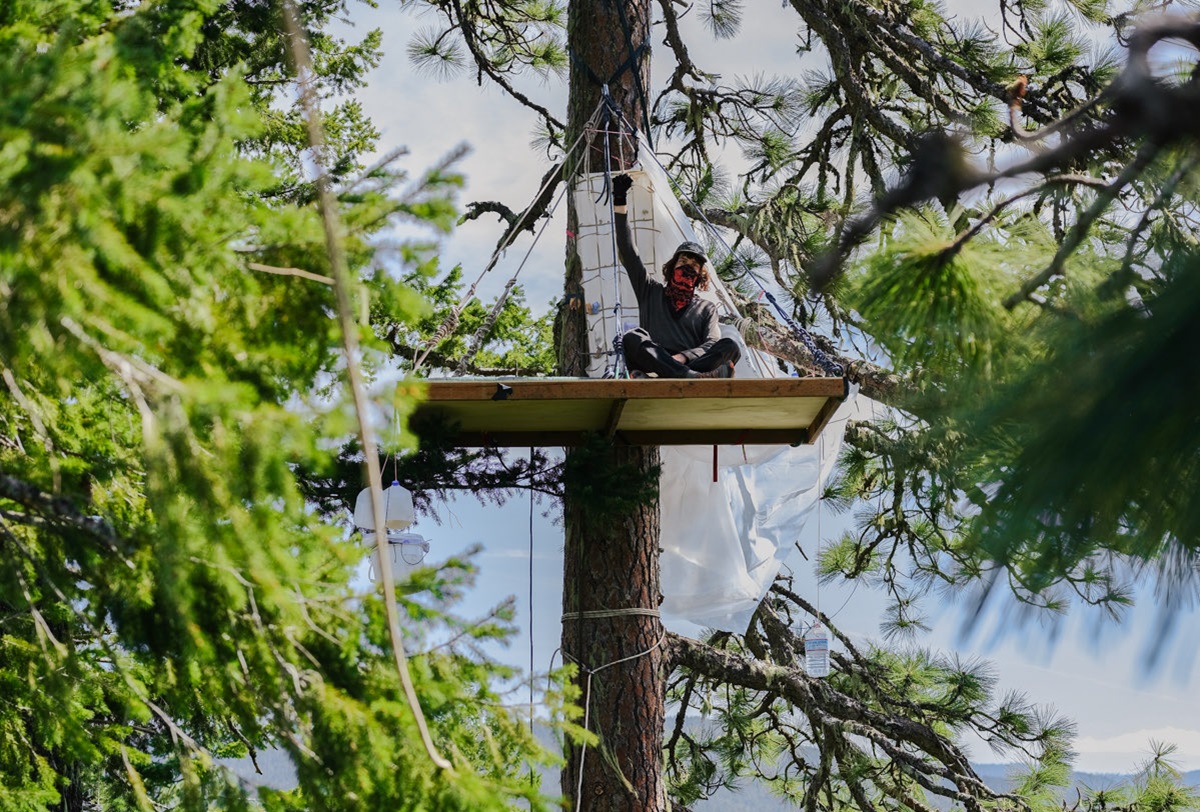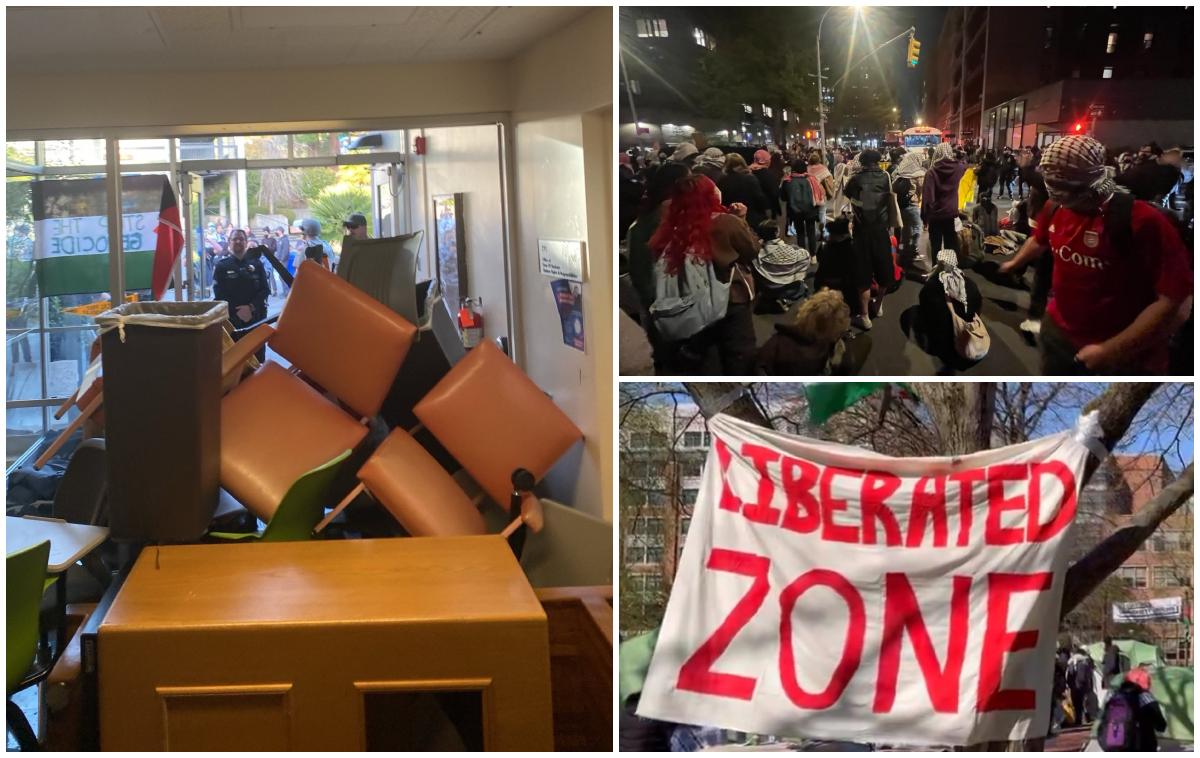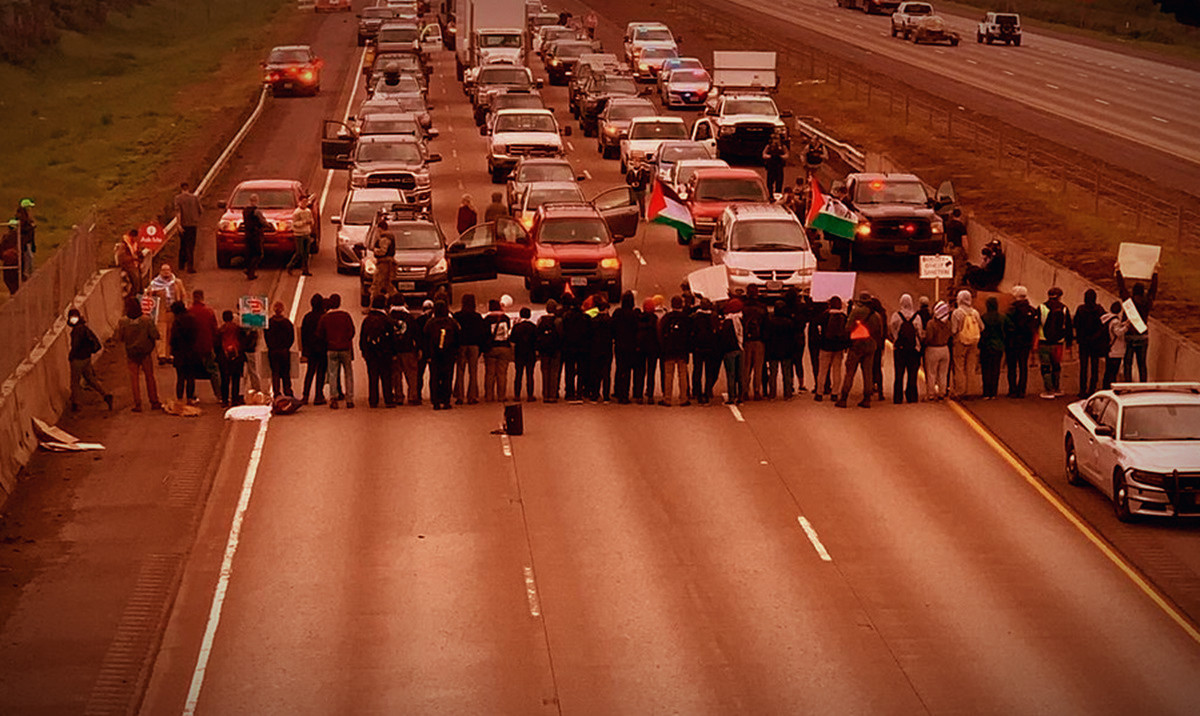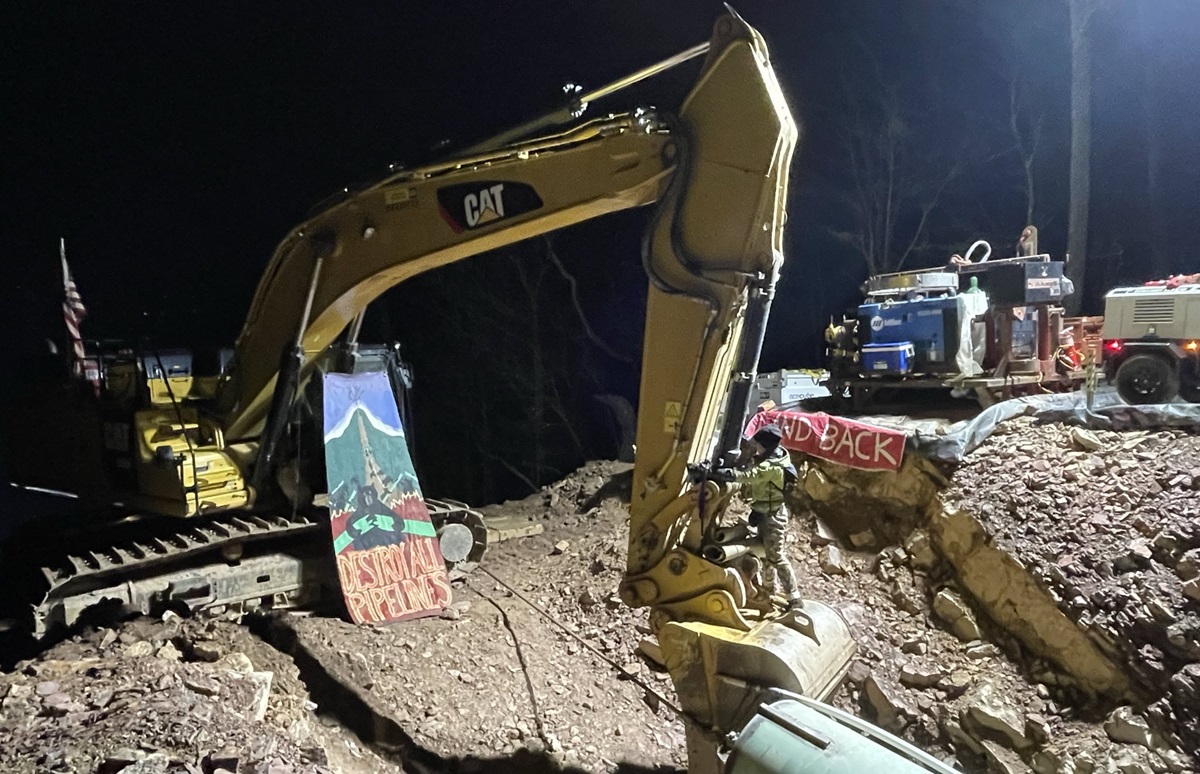Filed under: Incarceration, Northwest, US
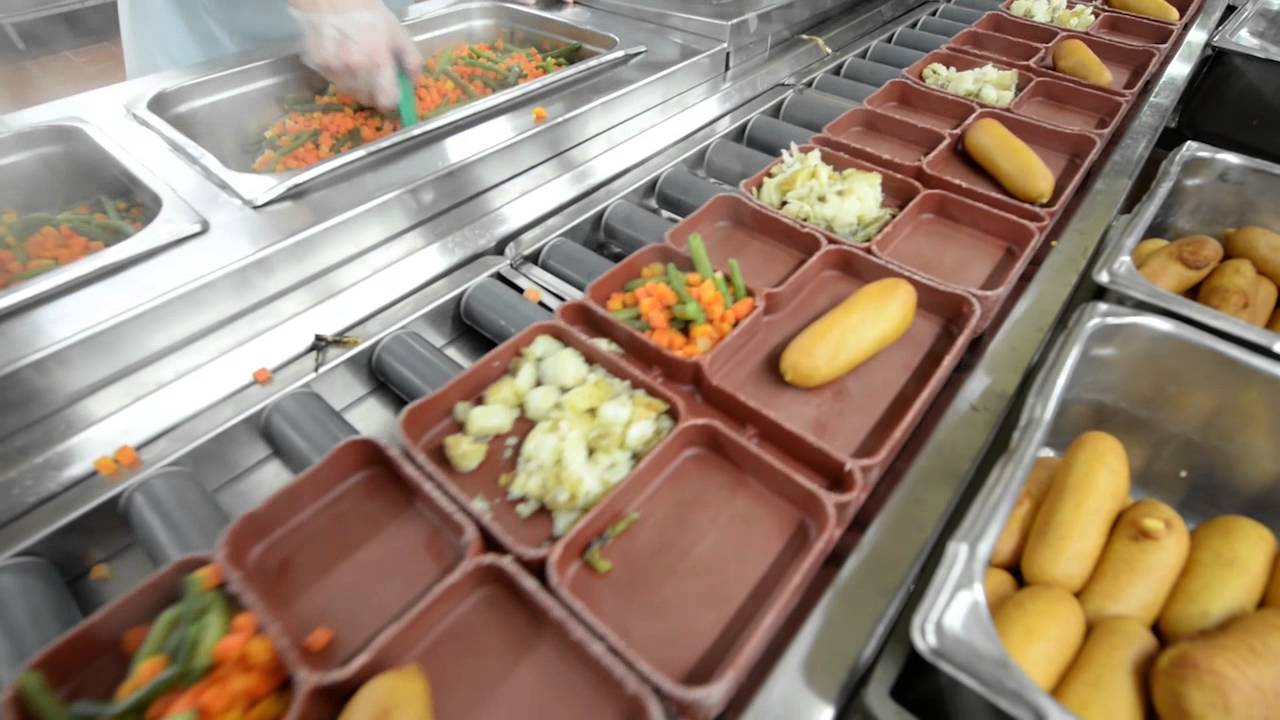
Report from Amani Sawari on a hunger strike at Clallam Bay Corrections Center and the larger prison food crisis.
During the National Prison Strike Jailhouse Lawyers Speak inspired incarcerated and outside activists across the country. Activists on the outside were inspired by prisoners leadership on the inside, their ability to work effectively through limited communication and the threat of retaliation. After the strike incarcerated people were inspired by the activism that happened across the country on the inside.
Prisoners from each corner of the country are realizing the power that they have to influence positive changes in their environments. Prisoners are realizing that they have the power to incite policy changes and reform the predatory business practices of those businesses that prey on inmates and their families by monopolizing the products and services that incarcerated individuals need to survive while in prison. While the end date of the National Prison Strike has passed, prison resistance continues as people who are incarcerated continue to fight to protect their human rights.
Discrimination Under the Guise of A ‘Violence Reduction Strategy’
Prisoners have continued to hold strikes across the country. Recently inmates in Clallam Bay Corrections Center were notified that Superintendent Jeri Boe has decided that those in Intensive Management Unit (IMU) hot meals would be terminated on November 7, 2018. The decision has been made under the guise of a ‘test’ run for a violence reduction strategy. However strikers inform me that the Superintendent’s decision is, “ actually being utilized as platforms to discriminate against inmates of color, religious/social groups, political beliefs etc.” IMU inmates are being discriminated against by being fed differently from the rest of the population, “The big picture here is that this is a greedy capitalist-monopolist, prison slaver‘ist’, oppressive movement in which if we (prisoners and those free) give DOC and their investors an inch- they will take a thousand miles.” Clallam Bay Corrections Center’s Superintendent Jeri Boe isn’t proposing a violence reduction strategy, she and her investors are proposing a cost reduction strategy under the guise of another name.
However, Prisoners’ are refusing to compromise on their diet. Knowing this, prison officials should be responsible for finding another strategy for reducing violence among their IMU population.

It’s essential that Superintendent Jeri Boe take the concerns of the inmates dependent on her seriously by refusing to proceed with a policy that 43 out of 62 of the inmates in IMU are so vexed by that they are willing to hunger strike over. 43 out of 62 inmates in IMU are organizing and uniting together, making the choice to refuse to eat rather than allow the policy to persist. Boe’s choice to proceed with terminating hot meals in IMU would be in complete disregard to prisoners’ needs and would be more likely to incite violence rather than to prevent it.
It’s essential that we don’t apply our own perspectives to prisoners’ issues. While some may think that losing hot meals isn’t a big problem that requires outside support, these thoughts are from the view of someone who doesn’t live in a caged, volatile, high-risk environment. We must remember that prisoners don’t have the same convinces or comforts as those on the outside and having regular hot meals every day is one aspect of their living situation that prisoners refuse to compromise on. Our responsibility as outside organizers is not to apply our own perspectives to their situation, because we can never fully understand. Our role on the outside is to support prisoners, especially activists taking the risk to organize for the benefit of their communities and prisoners at Clallam Bay need their hot meals.
Prison Food Crises
Officials have attempted to use election season to establish new policies with the hope of no one noticing. Knowing that food is the fuel that contributes to our mental, physical and health prisoners should have access to nutritious hot meals. People who are incarcerated, especially those under Intensive Management should be served a nutritious, whole diet that would assist in promoting their health rather than being served lowest cost, inedible fractured meals that not only vex inmates but also do nothing to benefit their health. Behavioral health is dependent on the foods that an individual consumes and around the country prisoners are being fed foods that do not have a positive affect on their behavioral or physical health. We can not allow restrictions to be placed on prisoners food. In addition to the notice from Clallam Bay I’ve received other notices from prisoners about food problems in their prisons. In Georgia, prisoners are being served food below the health standard due to insufficient cleaning practices. Prisoners have been forced to eat food with tools and off of trays that have not been properly cleaned. This is a health concern that can dangerously effect the entire population. Similarly, prisoners in Washington D.C. and Colorado are in the midst of ongoing battles over the food that they’re served. Some prisoners who make the active choice to eat vegan, vegetarian or organic often find themselves completely failed by the foods served while in prison. Other prisoners who have specific diets do to religious practices, such as the choice to eat halal, also find themselves failed by the criminal justice system.
Those who are incarcerated have the right to regulate their consumption.

Historically the bar for prison food has been so low that prisoners find themselves constantly at odds with the food they’re being served. Each state sets their own policies for what calorie intake prisoners must get and prison officials at every prison creates their own diet plan and meal schedule in collaboration with their investors. Often rather than aligning withe prisoners dietary needs, decision makers constantly look for ways to cut costs in this area. Last year, the Department of Corrections limited hot meals at Washington State Penitentiary beginning with serving only two hot meals. Shortly after those two hot meals were reduced to one and then none. Inmates did not resist until DOC terminated all of their hot meals, after which, “the majority of inmates came together and went on a 3-4 day hunger strike until DOC decided (because they had no choice) to give the inmates their hot meals back”. Prisoners were successful in making positive policy changes in their own interest by organizing a hunger strike. While the food crisis continues for prisons nationwide, hunger striking has continually been successful in addressing these issues on a case by case basis because when people organize decision makers have no choice but to respond. Now prisoners at Clallam Bay Corrections Center in IMU are organizing and demanding that Superintendent Jeri Boe rescind the termination of hot meals for IMU inmates and we as outside organizers are making sure that everyone is listening.
#StarvingforJustice
#DyingtoLive


